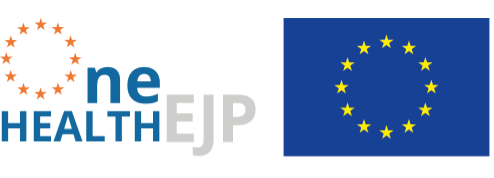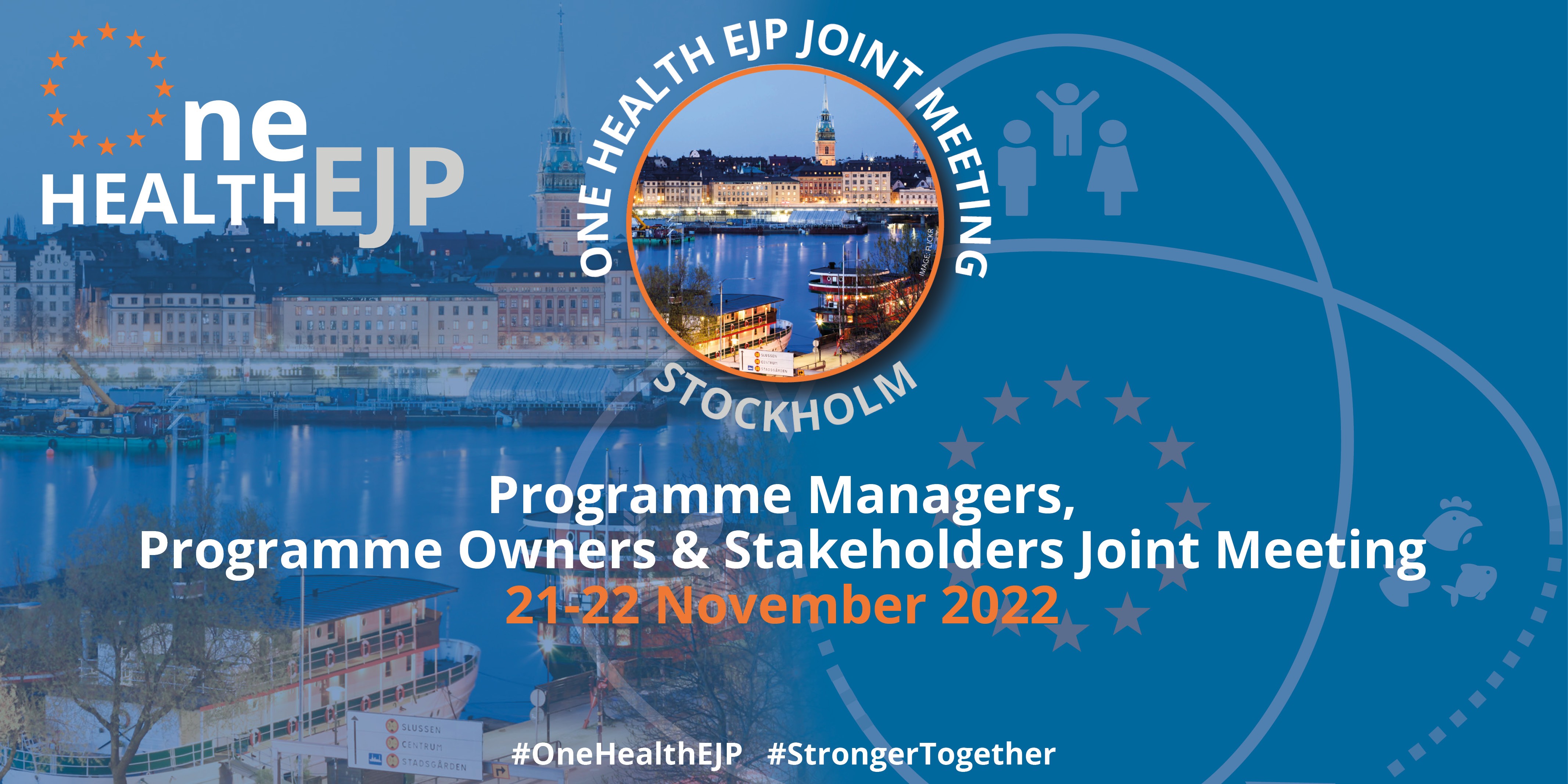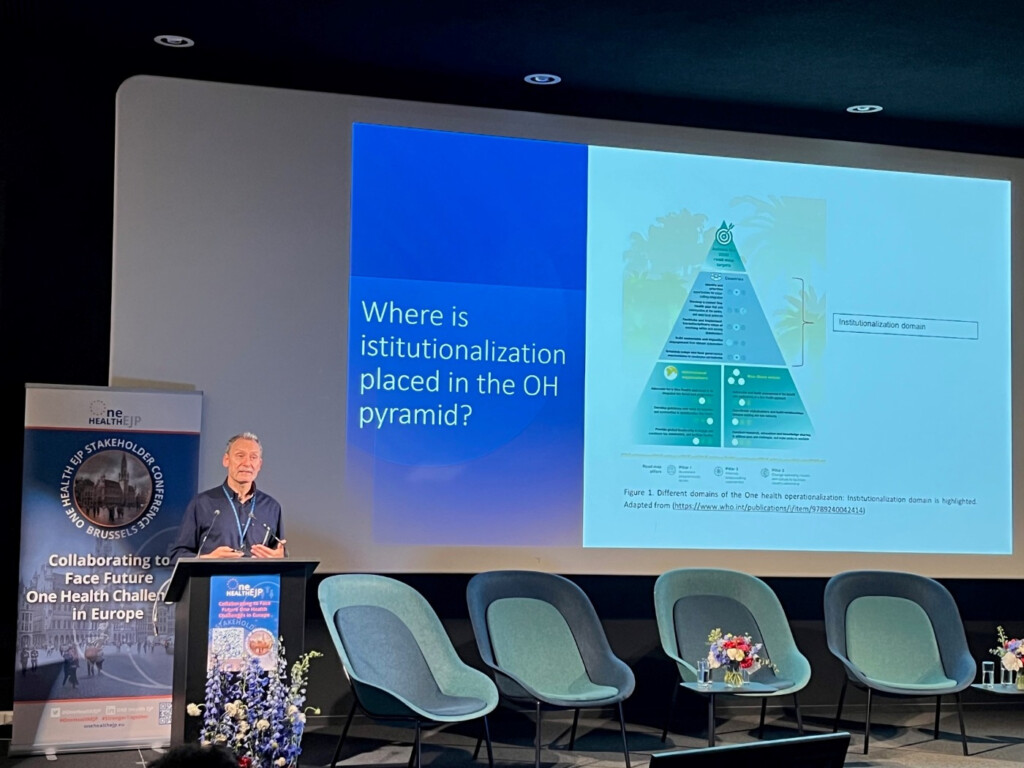A day in the life of Ciriac Charles
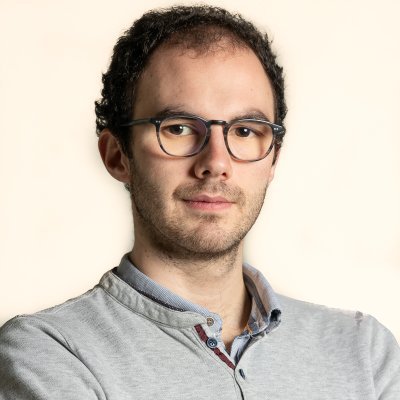
Read our second #OHEJPphdlife post describing a day in the life of Ciriac Charles, a One Health EJP PhD student working on #PEMbo, a PhD project aiming to better understand the genetic evolution of Mycobacterium bovis causing bovine tuberculosis in France.
Hello, I’m Ciriac Charles and I am currently in the final year of my PhD project on French bovine tuberculosis (bTB). This is a very challenging and busy period of my project which I would like to share with you by describing the (mine!) daily life of a 3rd year PhD student! ????
It is 9:10 and I’ve just arrived at the Anses (French Agency for Food, Environmental and Occupational Health & Safety) lab. As usual, I open my mailbox and answer some emails. I also consult PubMed and ResearchGate databases to check if there are any new publications on my topic. There’s nothing new today, so I pursue with the writing of my thesis’ manuscript ????. I’m currently working on a section that concerns the history of French bovine tuberculosis (bTB). In 1950, bTB prevalence was of 25% and in 2001 it decreased to 0.01% when France attained the bTB free status. However, this status is threatened by the remergence of bTB in the recent years. Today, bTB outbreaks caused by Mycobacterium bovis (M. bovis) are extremely localised geographically, with very stable strain genotypes region by region.
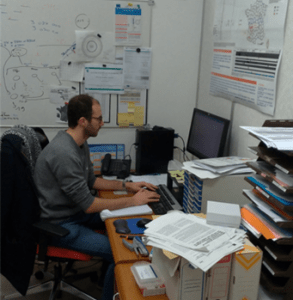
11:05 ???? I received an e-mail from one of my co-authors ‘“soon to be submitted” article. One figure is not good enough and I will have to correct it… this is my priority task for today. I modify the figure and update the article, in order to send it to the co-authors by this afternoon.
12:15, lunch with my colleagues. When I come back, I return to my thesis writing and I start the chapter dealing with M. bovis animal hosts. Although the main maintenance host of this pathogen is cattle, M. bovis circulates in a multi-host system and is also able to infect wildlife including red deer, wild boars, foxes or badgers. This zoonotic disease is a perfect example of the One Health concept that focuses on the interlinks between human health, animal health and the environment.
One of the goals of my thesis was to obtain new reference genomes of the main agent of bTB, M. bovis. A reference genome is a complete genetic sequence of a strain which will become a reference for other close strains. These genomes can be used for more precise genomic epidemiology studies (to monitor the spread and population dynamics of pathogenic strains with high specificity typing based on bacterial genomic characteristics) and help to better understand how transmission occurs. I’m proud to be able to validate this step because these complete genomes are now consolidated and should be published soon????????.
The genomes’ description highlighted some genetic characteristics, which will be useful for phenotypic studies (observation of all the physical properties of an organism, such as virulence (the harmfulness of the bacterium when it infects an animal) traits and/or strains growth). Thus, my last goal at the lab is to conduct in vitro studies to better understand the possible role of these genetic events. M. bovis is an intracellular bacterium which resides mainly in macrophages (immune cells specialised in the detection and destruction of virulent organisms) during host infection. Therefore, I want to compare strains of several genotypes’ growth in the lab under neutral and acidic conditions which mimics conditions present in the macrophage (intraphagosomal condition).
So, I go to the biosafety level 3 lab to check the growth of my M. bovis strains. I have followed up the strains’ growth with optical density measurements from last Monday.
17:00 I finish writing one last paragraph of the section about M. bovis hosts in my thesis. I decide to finish correcting the figure in my article that I started this morning.
18:30 I finally finish updating the article and I can send it to the co-authors. I can now delete this task from my list and go home. Although this day was dedicated to several writing tasks, I’m glad to still be able to do some experiments in the lab or on the computer. These lab moments will be more and more occasional with my upcoming thesis completion deadline, so I appreciate them even more!
